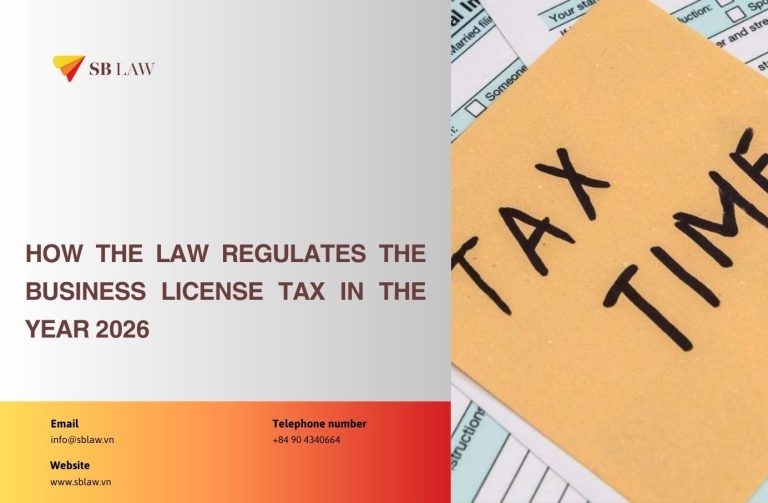Question:
Our enterprise is wondering whether it is mandatory to issue regulations on salary, bonuses, allowances, and a Collective Labor Agreement. If we do not implement these regulations, what legal risks might we face?

Answer:
1.Regarding the Collective Labor Agreement:
Clause 1, Article 75 of the 2019 Labor Code stipulates:
“A collective labor agreement is an agreement reached through collective bargaining and signed in writing by the parties.”
According to this regulation, a collective labor agreement is not a mandatory document for all enterprises. This document is usually established in workplaces where there is a trade union organization or a large number of employees, in order to unify the provisions on rights, obligations, wages, benefits, and working conditions between the employer and employees.
If an enterprise does not have a collective labor agreement, it will not be subject to administrative penalties; however, it may face risks in cases of collective labor disputes or when state authorities inspect the implementation of employee dialogue and collective bargaining under Article 63 of the 2019 Labor Code.
2. Regarding regulations on salary, bonuses, and allowances: According to Article 93 of the 2019 Labor Code, the employer is responsible for formulating salary scales, salary tables, and wage payment regulations, and publicly posting them at the workplace before implementation.
“The employer is responsible for formulating salary scales, salary tables, and wage payment regulations, and publicly posting them at the workplace before implementation.”
For bonuses, allowances, and welfare benefits, the law does not require enterprises to issue them in a separate document. However, these contents should be clearly stipulated in the internal labor regulations or company policies to ensure transparency, consistency, and to prevent disputes.
Consultation reference: labor services




